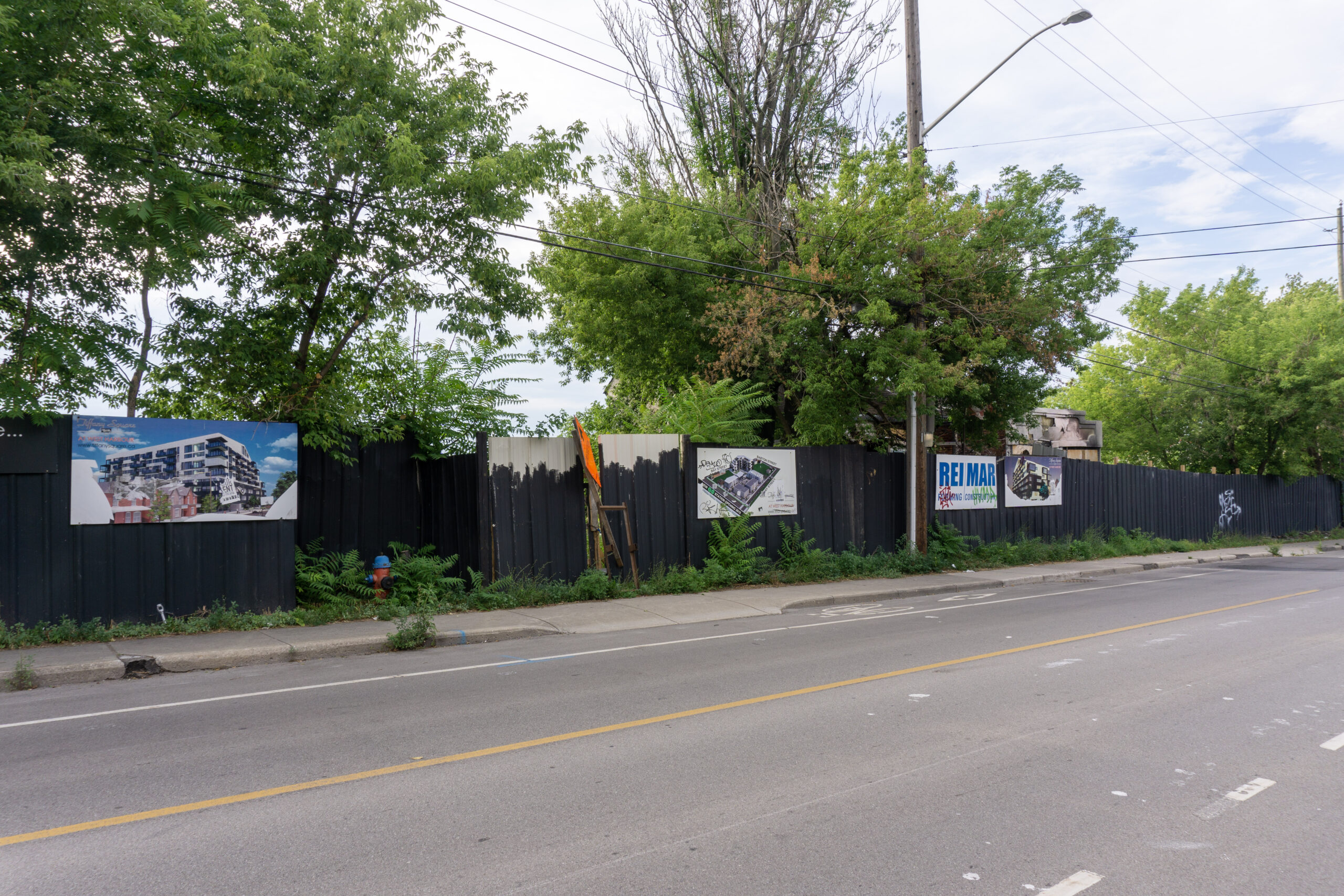The Local Planning Appeal Tribunal dismissed White Star Group’s latest legal claim against the City of Hamilton as not being within the jurisdiction of the LPAT.
White Star attempted to use the LPAT to seek $32,893,970.00 in damages against the City of Hamilton alleging the City’s consideration of expropriating in 2009/10 to build a West Harbour stadium prevent them from developing their lands.
White Star owns a significant amount of land at 271 Bay Street North, 107 Stuart Street, and 34-36 Tiffany Street. The lands were previously used as an auto salvage yard and will be subject to remediation if developed.
LPAT Vice-Chair Richard Makuch dismissed White Star’s desperate legal maneuverer as lacking the necessary statutory grounds to be heard as there was no expropriation and the City never issued a legal notice of intent to expropriate.
At this point in the ruling, the LPAT Vice-Chair could end the decision. Makuch issued an unusually long orbiter dictum (the legal term of portions of a decision not necessary for the ruling) which is very critical of White Star Group.
In an additional rebuke of White Star, Makuch states the Tribunal will consider issuing costs. It is extremely rare for the LPAT to impose costs upon unsuccessful parties.
Makuch writes White Star had ample time to proceed with the development during the past 20 years and have not.
“Expropriation was only being considered by the City from 2010 to 2011. Outside of this time frame, there was no active expropriation process that might involve the Subject Lands”, Makuch wrote. “This means that for 18 of the last 20 years, there was no completed or contemplated expropriation which would have prevented the claimant from proceeding with the development of its lands”.
Makuch continues “The Tribunal notes an inconsistency in the Claimant’s [White Star] position here with the Claimant simultaneously arguing that the City hampered its plans to develop its property while also claiming that the City should have completed its expropriation of the Subject Lands, giving rise to an interesting question: How can the Claimant claim that it could not carry through on its proposed development while also demanding that the City complete an expropriation of its lands which would render development at this location by the claimant impossible?”
White Star bought the former White Star Auto Wreckers in the late 1990s, paid the City over $600,000 in back taxes owed on the property, and applied to build medium density residential.
White Star’s development applications prior to 2010 were not approved by City Hall – each side has a different version of events.
What followed is a saga. Gary Santucci did a great job summarizing the first 15 years of what happened in a 2011 piece published by The Hamilton Spectator.
In 2010/11, White Star expected their property to be expropriated by the City for the infamous West Harbour Stadium plan. Many nearby residents decided to sell their lands to the City of Hamilton by accepting purchase offers. White Star decided they would seek to be formally expropriated in the hopes of gaining a higher payment for their property.
In early 2011, Council suddenly changed plans and built the new stadium on the site of the old Ivor Wynne Stadium.
No longer needing the lands for a stadium, City Council decided to not expropriate any properties. White Star then began its decade long pursuit of litigation against the City.
Their efforts to sue the City appear to have reached an unsuccessful end.
As for the future of the site? The land is subject to power of attorney sale.

